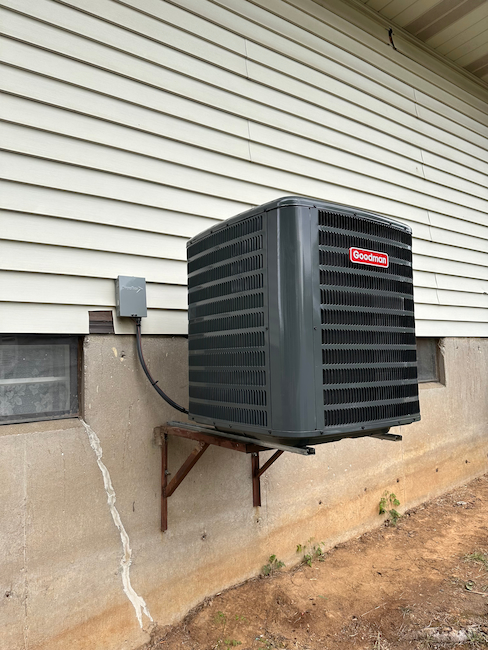How to Choose the Right Size Air Conditioner for Your Home: A Comprehensive Guide

In the scorching heat of summer, a reliable air conditioner becomes a lifeline for comfort in our homes. However, selecting the right size air conditioner is crucial for optimal performance and energy efficiency. Undersized units struggle to cool adequately, while oversized ones waste energy and lead to uneven temperatures. This guide will help you navigate the complexities of selecting the perfect-sized air conditioner for your home.
Understanding Air Conditioner Sizing:
Air conditioner sizing is measured in British Thermal Units (BTUs) per hour. The BTU rating indicates the amount of heat an AC unit can remove from a room in one hour. Choosing the appropriate BTU rating depends on factors such as room size, ceiling height, insulation, climate, and sunlight exposure.
Calculate Your Cooling Load:
Before purchasing an air conditioner, it's essential to calculate your cooling load accurately. This involves assessing the square footage of the area you intend to cool and considering other factors that influence heat gain, such as windows, doors, and insulation.
- Measure the square footage of each room you plan to cool.
- Consider the ceiling height. Rooms with higher ceilings require more cooling power.
- Evaluate insulation quality. Well-insulated rooms retain cool air more efficiently.
- Account for sunlight exposure. Rooms with significant sunlight exposure require more cooling.
Use an Online Calculator:
Several online calculators simplify the process of determining your cooling load. By inputting relevant details such as room dimensions, insulation quality, and sunlight exposure, these tools provide an estimate of the BTU rating required for your space.
Choosing the Right BTU Rating:
Once you've calculated your cooling load, use the following guidelines to select the appropriate BTU rating for your air conditioner:
- Undersized Rooms: If the calculated BTU requirement is too low, the air conditioner will struggle to cool effectively. Inadequate cooling can lead to discomfort and increased energy consumption. Opt for an air conditioner with a slightly higher BTU rating to ensure sufficient cooling capacity.
- Oversized Rooms: Conversely, selecting an air conditioner with a BTU rating that exceeds your cooling load can result in inefficient operation. Oversized units frequently cycle on and off, leading to temperature fluctuations and higher energy bills. Choose an air conditioner with a BTU rating closest to, but not exceeding, your calculated cooling load.
Consider Additional Factors:
In addition to room size and cooling load, consider other factors that influence air conditioner performance:
- Climate: Regions with extreme temperatures may require higher BTU ratings to maintain comfort.
- Humidity: High humidity levels impact perceived comfort. Select an air conditioner with dehumidification features for enhanced comfort.
- Energy Efficiency: Look for ENERGY STAR® certified models to minimize energy consumption and reduce utility costs.
Consult with HVAC Professionals:
If you're uncertain about calculating your cooling load or selecting the right-sized air conditioner, don't hesitate to consult with HVAC professionals. They can assess your home's specific requirements and recommend suitable options tailored to your needs.
In Conclusion
Choosing the right size air conditioner is essential for maintaining indoor comfort and maximizing energy efficiency. By accurately calculating your cooling load and considering factors such as room size, insulation, and climate, you can select an air conditioner that meets your needs effectively. Whether cooling a small bedroom or a spacious living area, investing in the right-sized air conditioner ensures optimal performance and comfort throughout the summer months.
Featured HVAC Contractors:
Ball Heating and Air Conditioning - Kansas HVAC Contractor
Madison HVAC/R, LLC - Kentucky HVAC Contractor
Patriot Plumbing, Heating & Cooling Inc.- Washington HVAC Contractor